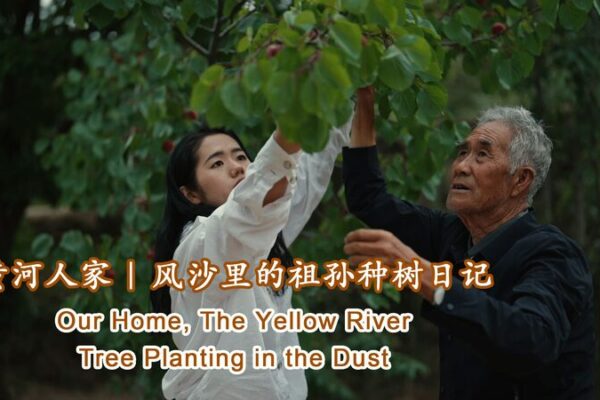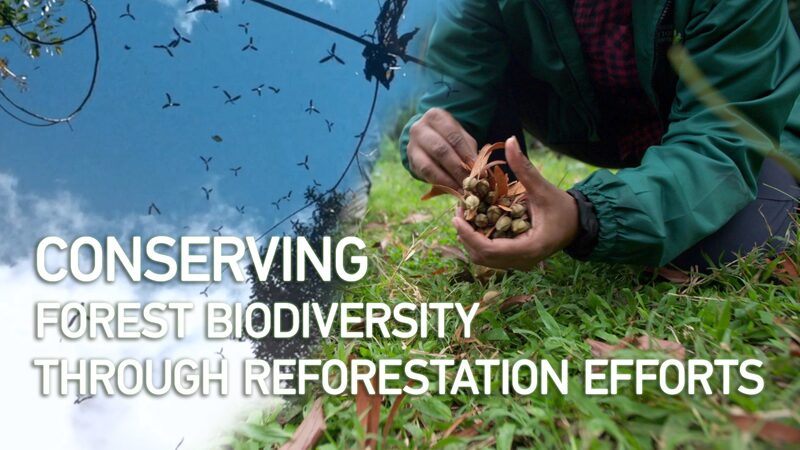In southeastern China’s Changting County, a remarkable transformation has unfolded, capturing the attention of environmentalists worldwide. Once plagued by severe soil erosion, the county’s fiery red hills were barren and lifeless, presenting a dire ecological crisis. But over the past decade, Changting has rewritten its narrative, turning desolate landscapes into thriving green mountaintops.
The journey began with the local community’s commitment to ecological restoration. By engaging residents, they initiated extensive reforestation projects, planting millions of trees across the eroded hillsides. Indigenous species were carefully selected to adapt to the local climate and soil conditions, ensuring the sustainability of the new forests.
Agricultural practices were revolutionized. Contour farming and terracing were introduced to reduce runoff and prevent further erosion. Farmers received training on sustainable methods, enabling them to cultivate crops without compromising the environment. Fruit trees like peaches, plums, and chestnuts not only stabilized the soil but also provided new sources of income.
The integration of eco-agriculture transformed the economic landscape of Changting. Free-ranging chickens now roam the orchards, contributing to pest control and soil fertilization while offering organic poultry products to the market. The synergy between agriculture and ecology has created a booming eco-economy, lifting many residents out of poverty.
Changting’s success story demonstrates the profound impact of ecological restoration on both the environment and the community. It showcases how dedicated efforts and sustainable practices can reverse environmental degradation, leading to a harmonious balance between nature and human development.
As the world grapples with environmental challenges, Changting stands as a beacon of hope and inspiration. Its green revolution reminds us that with collective action and determination, even the most degraded landscapes can be restored to vibrant life.
Reference(s):
cgtn.com








